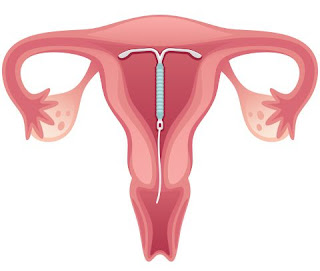Top 10 cleanest cities in the world for 2023 and
Sweden is out of the list
Cleanliness ratings and the concept of a “clean city” depend on a variety of factors. A clean city is usually characterized by the absence of garbage in the streets, the abundance of clean water, and high air quality.
To be clean, a city must provide a solution to problems that lead to unhealthy and unclean living conditions. This includes good waste management, establishing transportation infrastructure based on environmentally friendly and energy-efficient technology, preventing pollution, and implementing policies that ensure cleanliness.
It should be noted that pollution plays a major role in determining the cleanliness of the city, as it produces negative effects that cause people to develop serious diseases such as lung cancer, cardiovascular diseases, and chronic respiratory diseases.
It is noteworthy that cities around the world differ in pollution levels due to varying factors. Over the years, cities have implemented green initiatives to improve transportation and production processes and reduce pollution levels. In the United States, for example, several clean air laws were adopted to impose strict pollution control rules, which led to a significant decrease in pollution levels such as carbon dioxide emissions and particulate matter suspended in the air.
The cleanest cities in the world:
1- London, England, United Kingdom2- Paris, France
3- New York, New York, United States
4- Madrid, Spain
5- Auckland, New Zealand
6- Hamburg, Germany
7- Barcelona, Spain
8- Berlin, Germany
9- Vienna, Austria
10- Sapporo, Japan
London in the United Kingdom ranks first as the cleanest city in the world, with an overall cleanliness score of 74.94 and an Environment Performance Index rating of 79.89. Followed by Paris and New York. The choice of New York is a surprise to many, given that it is the largest city in terms of population and population density in the United States, with a population of more than 8.3 million people and a a population density of 27,755 people per square mile.
It is noteworthy that expectations indicate that the proportion of the urban population will rise to
68% of the total world population in the coming decades, given that about 55% of the world’s population lives in urban areas. Therefore, maintaining the cleanliness and quality of cities will be a major challenge that requires the cooperation of governments and residents alike.




تعليقات
إرسال تعليق